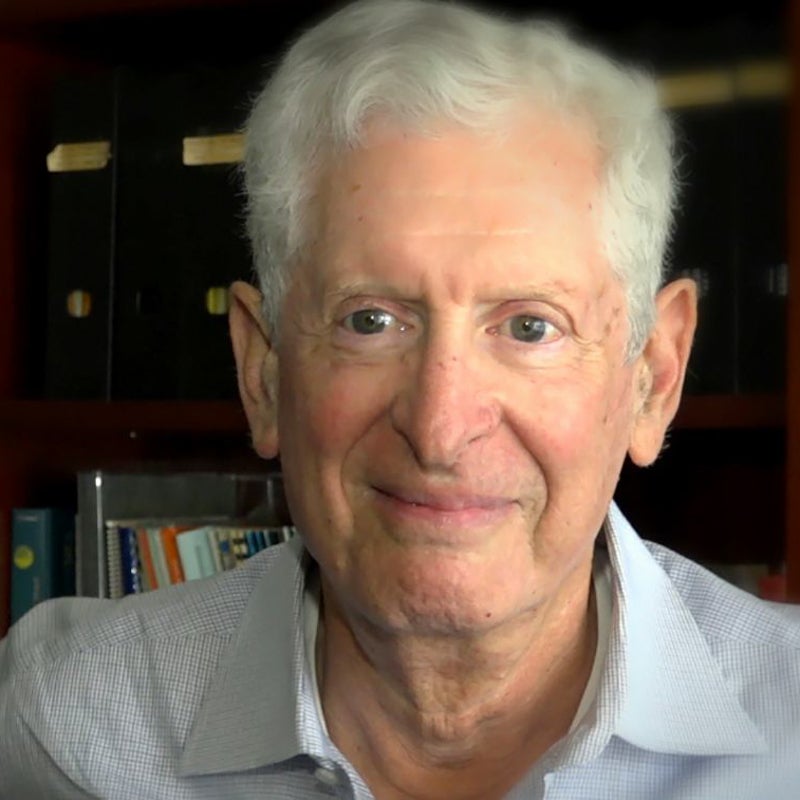Research
Recovery of function following pediatric brain injury; Neurocognitive function in acquired and genetic brain disease
Appointments
- Professor, Psychiatry and Biobehavioral Sciences
- Professor in Residence, Clinical Psychology
- Member, Child and Adolescent Psychiatry
Biography
There are three major foci of Asarnow’s current research. The first is a family genetic study of children with schizophrenia and attention deficit hyperactivity disorder which systematically evaluated alternative ways of measuring the schizophrenia phenotype.
The second focus of Asarnows research is studies examining the neurobehavioral sequelae of traumatic brain injuries in children and adults. These are prospective, epidemiological studies that assess language, cognition and school and adaptive functioning in children and adults who have suffered significant traumatic brain injuries.
The third major theme is studies examining the neurobehavioral outcomes in children who receive resective surgery for “catastrophic” epilepsies. A major focus of that work is an attempt to identify the conditions under which the developing brain demonstrates functional plasticity.
Publications
- Mirhashemi, E, Bachman, P, Krishnan, G, Asarnow, RF, Forsyth, JK. Altered neural oscillations are associated with improved working memory performance in schizophrenia following D-cycloserine administration. Schizophr Res. 2025;282 :85-94. doi: 10.1016/j.schres.2025.06.001. PubMed PMID:40513304 .
- McCabe, C, Dennis, EL, Lindsey, HM, Babikian, T, Bickart, K, Giza, CC et al.. Evidence Suggesting Prolonged Neuroinflammation in a Subset of Children after Moderate/Severe TBI: A UCLA RAPBI Study. medRxiv. 2025; :. doi: 10.1101/2025.01.20.25320782. PubMed PMID:39974138 PubMed Central PMC11838928.
- Ignacio, DA, Babikian, T, Dennis, EL, Bickart, KC, Choe, M, Snyder, AR et al.. The neurocognitive correlates of DTI indicators of white matter disorganization in pediatric moderate-to-severe traumatic brain injury. Front Hum Neurosci. 2024;18 :1470710. doi: 10.3389/fnhum.2024.1470710. PubMed PMID:39545147 PubMed Central PMC11560760.
- Rauwenhoff, JCC, Hagen, R, Karaliute, M, Hjemdal, O, Kennair, LEO, Solem, S et al.. Metacognitive Therapy for People Experiencing Persistent Post-Concussion Symptoms Following Mild Traumatic Brain Injury: A Preliminary Multiple Case-Series Study. Neurotrauma Rep. 2024;5 (1):890-902. doi: 10.1089/neur.2024.0076. PubMed PMID:39440149 PubMed Central PMC11491585.
- Kennedy, E, Vadlamani, S, Lindsey, HM, Lei, PW, Jo-Pugh, M, Thompson, PM et al.. Bridging big data in the ENIGMA consortium to combine non-equivalent cognitive measures. Sci Rep. 2024;14 (1):24289. doi: 10.1038/s41598-024-72968-x. PubMed PMID:39414844 PubMed Central PMC11484938.

